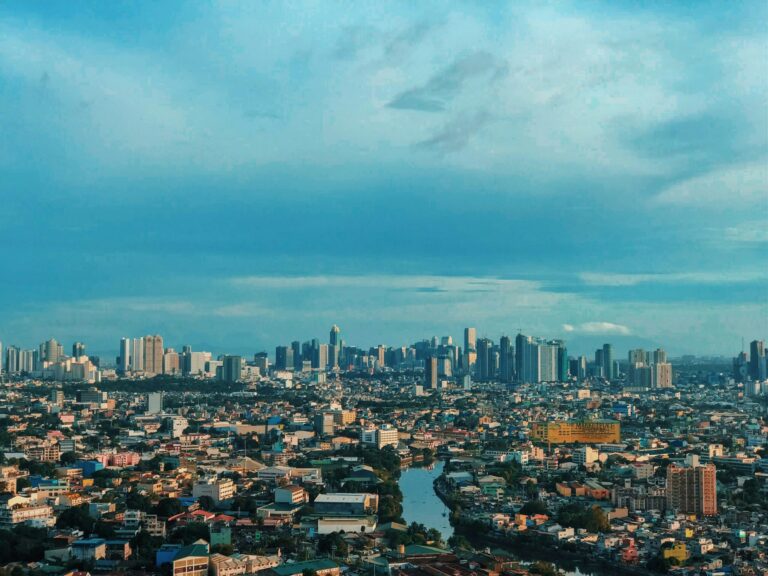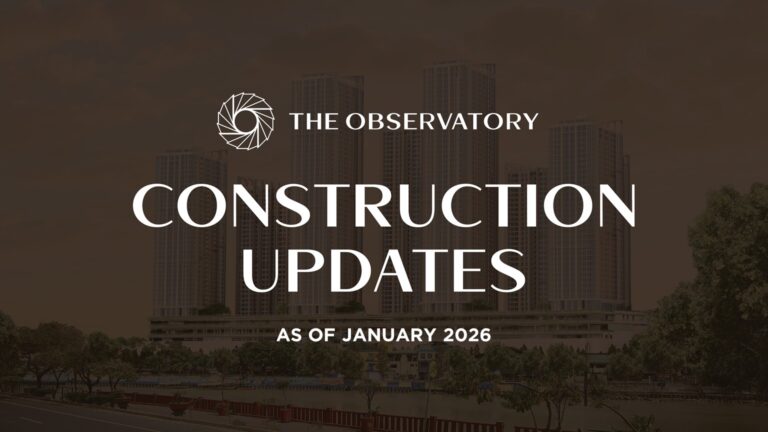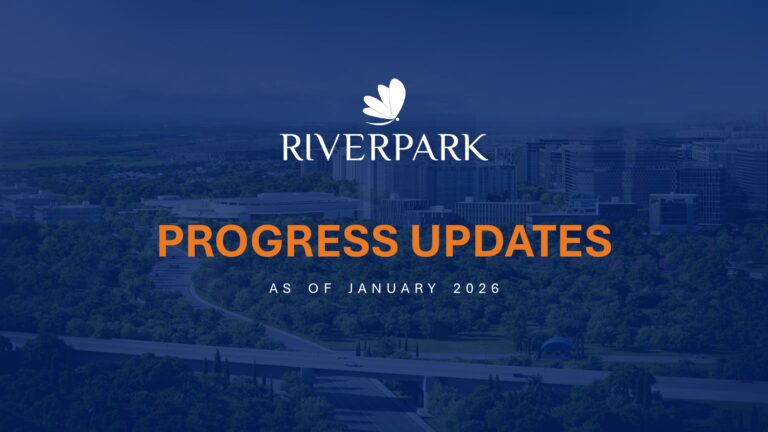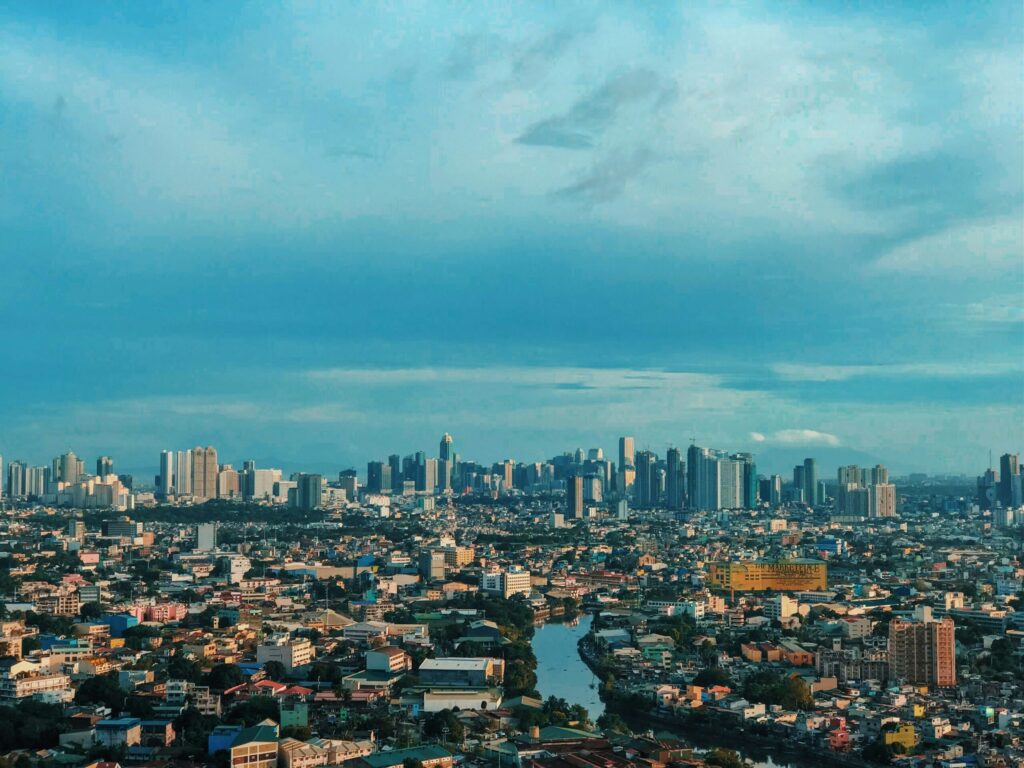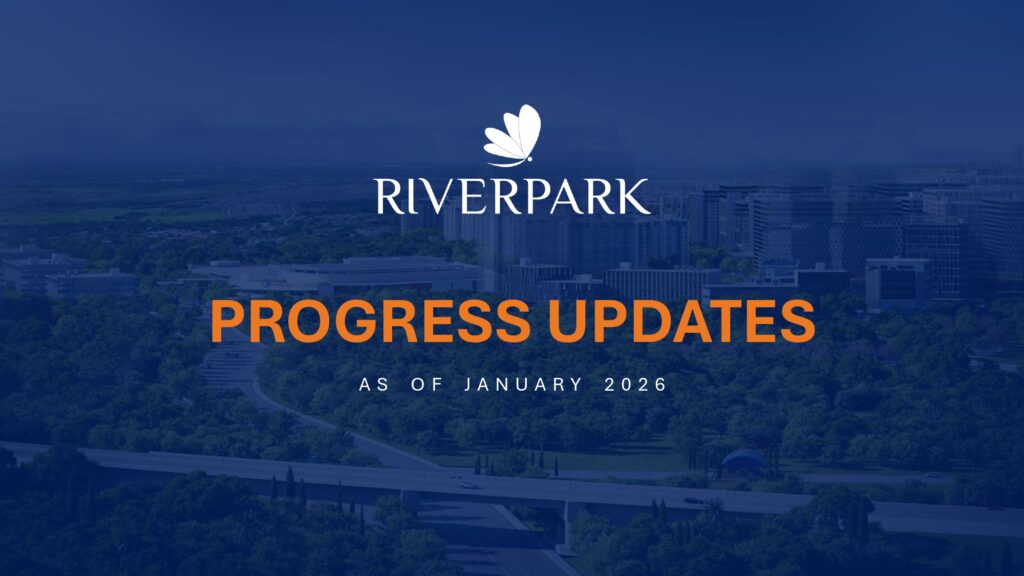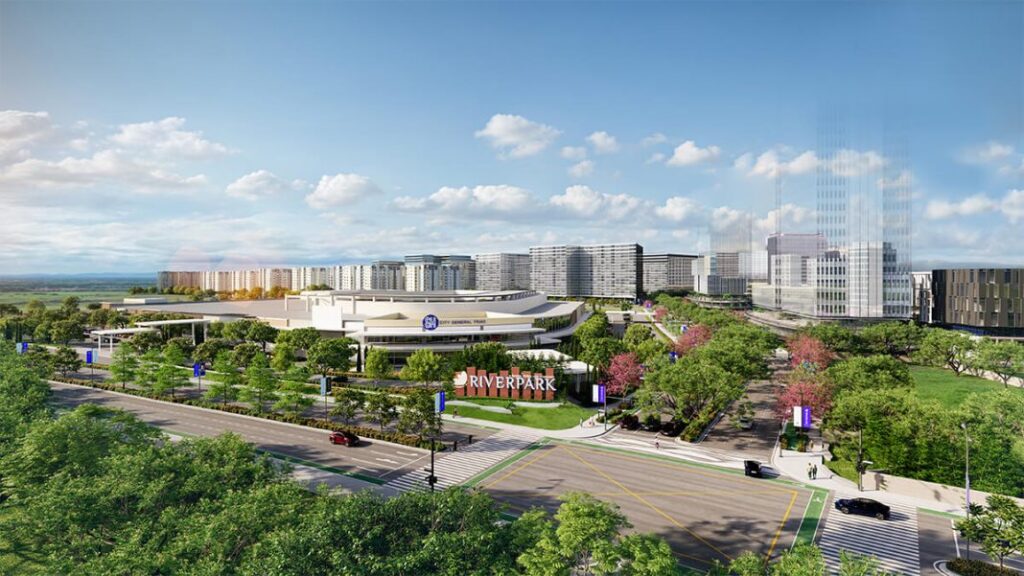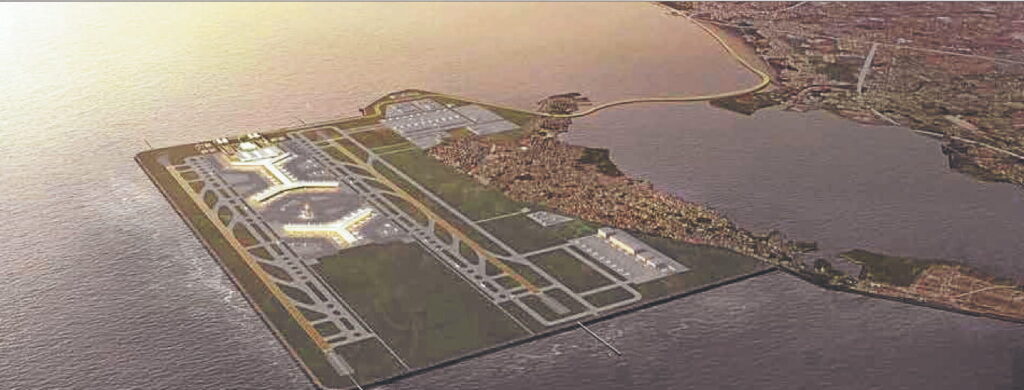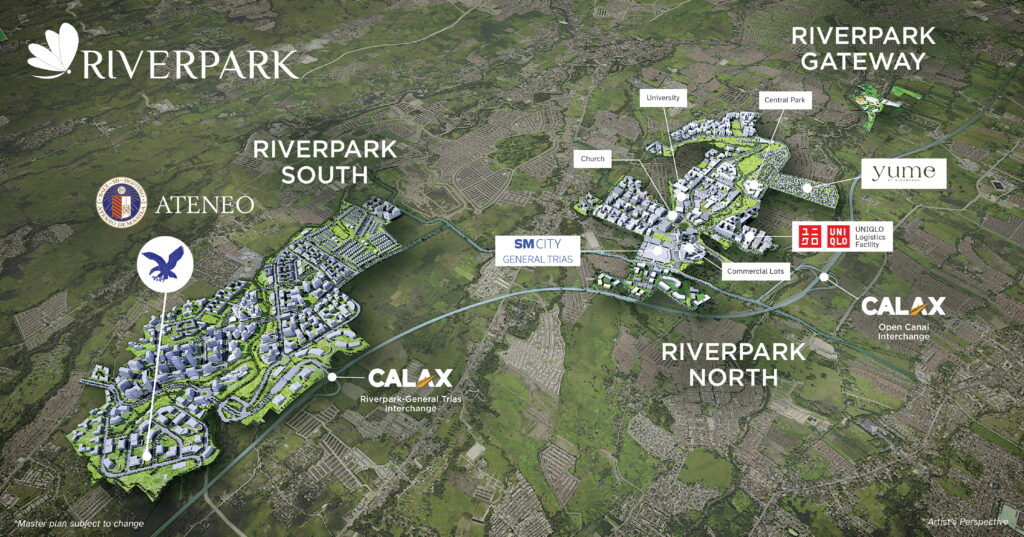You can tell a lot about a nation by what it chooses to build. And who it chooses to build with.
When two countries shake hands, treaties are signed. When they build together, entire communities rise, ones that last far longer than ink on paper.
In the case of Japan and the Philippines, that relationship has moved steadily from the symbolic to the structural.
Such is the case for Federal Land NRE Global Inc. (FNG).
It is a joint venture between Federal Land of the Philippines and Nomura Real Estate Development Co. Ltd. (NRE) of Japan, a renowned Tokyo-based developer known for precision, restraint, and a Rolodex full of rigor.
On the occasion of Japan-Philippines Friendship Day, FNG stands as a living embodiment of what trust, shared values, and long-term vision can produce: A carrier of design principles, economic growth, and architectural dialogue between two nations that are no longer only trading partners; they are now co-developers of urban futures.
It started with The Seasons Residences, a four-tower residential development in Bonifacio Global City. Built alongside Isetan Mitsukoshi Holdings Ltd., it also houses the first MITSUKOSHI in the country at its podium, showcasing the Japanese influence in both retail and design: precision in the lines, sophistication in simplicity.
Kaizen
The internal compass of FNG points to something the Japanese call Kaizen: continuous improvement but that undersells it.
In practice, it means nothing is ever finished. That every railing, every hallway, every angle of sunlight should always be subject to refinement.
That’s not easy to sell in a market obsessed with fast builds and faster returns.
But FNG isn’t chasing the flavor of the month. It’s pursuing enduring value, developments designed to retain integrity, grow in appeal, and deliver returns beyond the first few fiscal cycles.
Its DNA is made of three strands: Japanese, innovation, collaboration. It means you’ll find Japanese architects swapping sketches with Filipino contractors under the same scaffolding.
It means less hierarchy and more iteration. It means every project is an ongoing question.
Southward: Yume at Riverpark
They looked south.
To Cavite. Federal Land’s Riverpark township, wedged between Metro Manila’s outward creep and the quieter promises of suburbia, is a 600-hectare expansive space that is set to be the “Next Gen City of the South.” Riverpark is committed to making a vibrant, purposeful experience.
And here, FNG broke ground for Yume at Riverpark.

Yume, Japanese for “dream,” may sound like a branding flourish, but the execution is dreamy.
It’s a masterplanned response to demographic shifts and urban spillover, positioned not just for aspiration, but for actual use. The idea: build a community that scales with life itself: Young families just starting out. Retirees scaling down. Aspiring homeowners looking out of the metro, but unwilling to compromise on design or access.
The community’s clubhouse, co-designed by Ed Calma and UDS Ltd. of Japan, exudes serenity. Indeed, a place to converge, relax in, and just breathe.

The development is deliberate in its detachment. Accessible via the future Cavite-Laguna Expressway (CALAX), it connects the community to various locations.
The infrastructure wraps Riverpark like a promise: We’re not remote. We’re ready.
Further developing the area, the first tranche of FNG’s Riverpark North commercial lots is already sold out. The developer, realizing the area’s potential, is working on its second phase.

UNIQLO’s new logistics facility, a collaboration between FNG and Fast Retailing Philippines, has also broken ground in 2024, a signal of deepening economic ties and job creation in the region.
Upward: The Observatory
While Riverpark stretches outward, The Observatory rises.
In Mandaluyong, strategically located at the heart of Metro Manila, FNG is threading a needle: How to build vertically without abandoning human scale.

Sora, the first tower in the 4.5-hectare mixed-use development, is nearly sold out: proof of strong urban demand for well-positioned projects that blend function with restraint.
Its design takes cues from Tokyo’s Shibuya, distilling the energy of that district into something calm but current.
The Observatory includes residential, retail, and office spaces designed to encourage flow.
A second tower is already being drawn.

FNG recently opened The Observatory Sales Pavilion along Pioneer St. in Mandaluyong, a sensory space built with the same reverence they give to their buildings.
There are scale models. And immersive digital walkthroughs. But also coffee from UCC Mentore, burgers from MOS, and curry from CoCo Ichibanya, a trifecta brought in by the Mugen Group to make the experience less transactional, more relational.
Even in the showroom, you are not being pitched. You’re being walked through an idea.
Built to mean something
In many ways, FNG is a quiet retort to the country’s louder developers. While others chase skyline photos and penthouse grandeur, FNG builds for rhythm.
Every decision reflects an understanding of how people live, not how they perform for brochures.
For Yusuke Hirano, vice chairman of FNG, thoughtful adaptation is key to meaningful design. “We understand the Japanese way of life, but we know it can’t be applied directly to the Philippine market,” he shared. “Through our partnership, we explore what Filipinos need in their daily lives. matters to Filipinos in their daily routines. When it comes to design, we carefully choose elements that add new value, supporting and enhancing how Filipinos live every day.”
On Japan-Philippines Friendship Day, something is fitting about this. FNG doesn’t just represent an alliance. It manifests itself. It shows how patience, shared values, and rigorous cooperation can yield projects that sell and scale. And still mean something.
Because the best things we build aren’t just places to live.
They’re proof that we understand each other.

